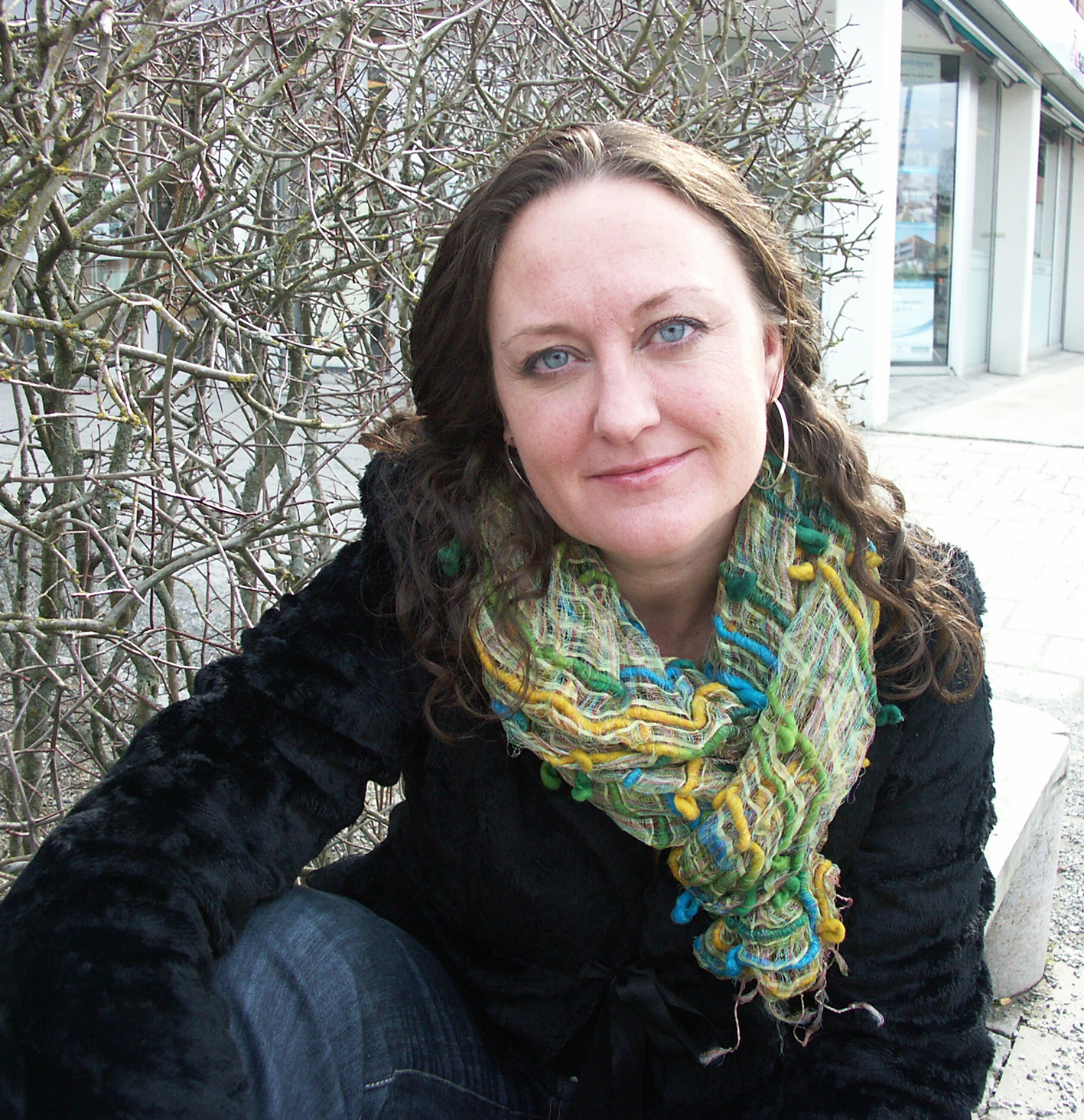Listen to the science girls
The majority of young girls reject science studies, but not everyone. What makes girls choose these male-dominated subjects? That is what Marianne Løken wants to find out.
15-year old boys are more interested in 'hard subjects' like technology and space travel whereas girls prefer subjects that involve a sense of mystique, reflection and philosophy.
These were some of the findings in Camilla Schreiner’s doctoral thesis on how youth perceive nature studies in school. The results match the statistics on recruitment for science studies. While the percentage of female students in Norway is on the rise the number of girls who choose science studies remains constant. Some subjects have less than 20 percent women students.
But despite the low percentage of women there are girls in all science subjects. It is these students, who often tend to be ignored in the debate on recruitment for science studies, that Marianne Løken wants to focus on in Girls who will, can and do (Jenter som vil, kan og får det til), her new doctoral project in Natural science didactics at the Norwegian Centre for Science Education at the University of Oslo.
Little existing knowledge
"I am interested in talking to girls who have taken the narrow path and entered science studies, which are very male-dominated," says Løken.
She has for a number of years worked as a special advisor and editor of the magazine Nysgjerrigper and the website nysgjerrigper.no at the Research Council of Norway and has followed the debates on recruiting youth for science studies closely. According to Løken, educational research says little about this topic.
"We know little about the girls who choose science studies – who are they and why have they made this choice?"
The girls’ stories
Løken wants the girls to tell their own stories. This fall she plans to arrange a writing contest, inviting all female first-year students between the age of 18 and 20 who study physics, mathematics, technology or chemistry at Norwegian universities to explain why they chose the natural sciences.

"I have chosen this method because I believe the girls will tell a great variety of stories. I want them to use the writing process to think through the choices they have made and perhaps also what it will take for them to continue their science studies."
While a lot of the educational research conducted is quantitative and based on questionnaires Løken is hoping that a more qualitative approach may balance the existing research. The aim is to find what is unique in each story.
In her research Camilla Schreiner writes about how choosing or rejecting science studies is linked to identity construction. A person’s interests, and opposite; a person’s dislikes become part of a strategy to create and express one’s identity. Løken believes that the use of narrative analysis, getting the girls to tell their own stories, will be particularly interesting in this context.
"We need others in order to create images of ourselves. These girls’ career choices are based partly on how they perceive themselves. It is therefore interesting to see to what degree parents, friends, role models and environment have affected their self image and the choices that they have made."
Seeks advice
Løken’s doctoral project is part of the research project Vilje-con-valg which is conducted at the Norwegian Centre for Science Education and the Department of Physics at the Faculty of Mathematics and Natural Sciences at the University of Oslo. One important goal is to come up with practical knowledge that can be used to improve recruitment and reduce the number of students who drop out of studies in mathematics, natural science and technology.
"I think it is sad but also fascinating that so little has been done in this area, and I want to look at how more women can be recruited for science," says Løken.
She believes the girls who actually choose science studies may be good advisors as to which measures that work in order to recruit and retain female students.
"It may be interesting to listen to these girls and find out which factors they think influenced them in their career choice. I would also like to know their thoughts at a later stage in their studies," says Løken, who explains that her dream is to follow the girls throughout their university studies and into professional life.
"I think we need more than some good measures in order to recruit girls for these fields of study. We also need to change the culture in many of the subjects to prevent female students from dropping out."

Løken wants to give the project a positive angle.
"The recruitment for the natural sciences receives a lot of negative attention. This does probably not help improve the image of science studies among youth. Perhaps we ought to focus more on those who actually succeed," she asks.
Different perspectives
With her background from communication studies, cultural anthropology and educational science Løken stands out amongst her colleagues at the Norwegian Centre for Science Education.
"It is interesting to conduct my PhD studies in Natural science didactics at the Faculty of Mathematics and Natural Sciences without having any science education. I am impressed that the faculty chose to back this project. The fact that they make room for different perspectives shows that they take these issues seriously," says the researcher, who is looking forward to start working on the project.
Translated by Vigdis Isachsen.
Marianne Løken is a PhD student at the Norwegian Centre for Science Education at the University of Oslo. She is a former special advisor and editor of the magazine Nysgjerrigper and the website nysgjerrigper.no.
Vilje-con-valg is a research project conducted at the Norwegian Centre for Science Education and the Department of Physics at the Faculty of Mathematics and Natural Sciences at the University of Oslo. The project was started due to the difficulties in recruiting youth in general and girls in particular for some science subjects and professions, especially mathematics, physics and technology, and the relatively high number of students who drop out of these studies.
According to figures from the Norwegian Social Science Data Services regarding student admission to the universities of Oslo, Bergen, Tromsø and NTNU in Trondheim, the number of female science students has remained steady and low since 1998. Overall, the percentage of women within mathematics and the natural sciences is between 35 and 38 percent. The majority of these women study “soft” subjects, whereas for instance marine technology at NTNU has as little as 14 percent female students.
